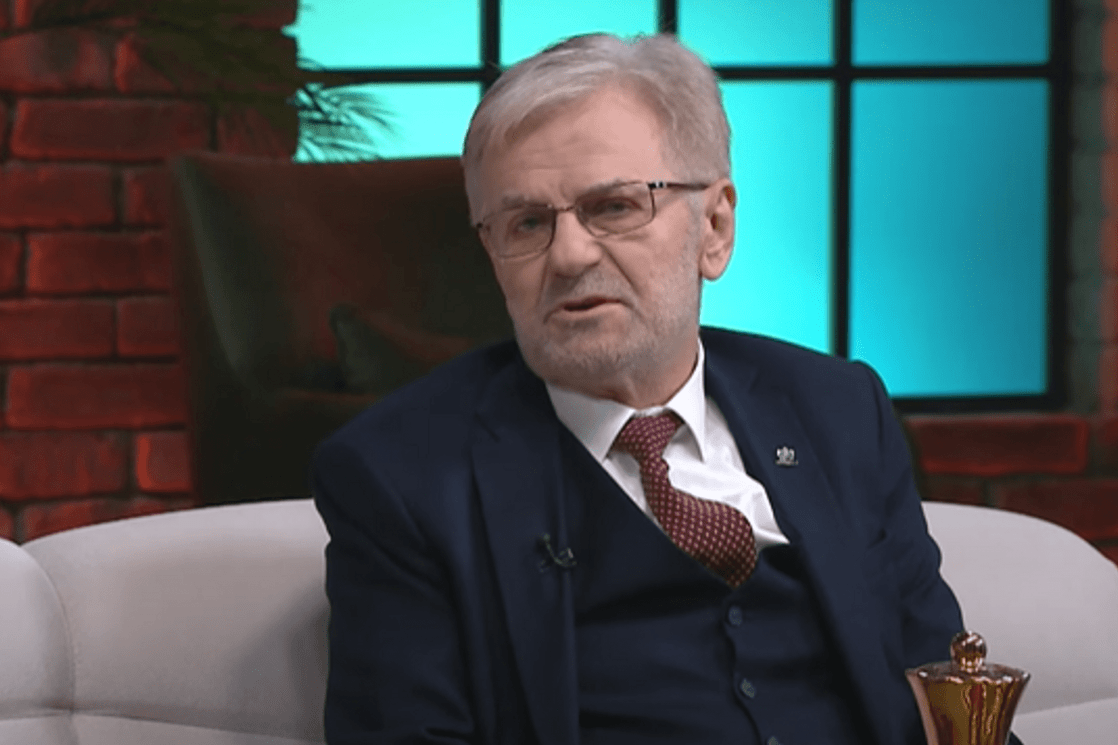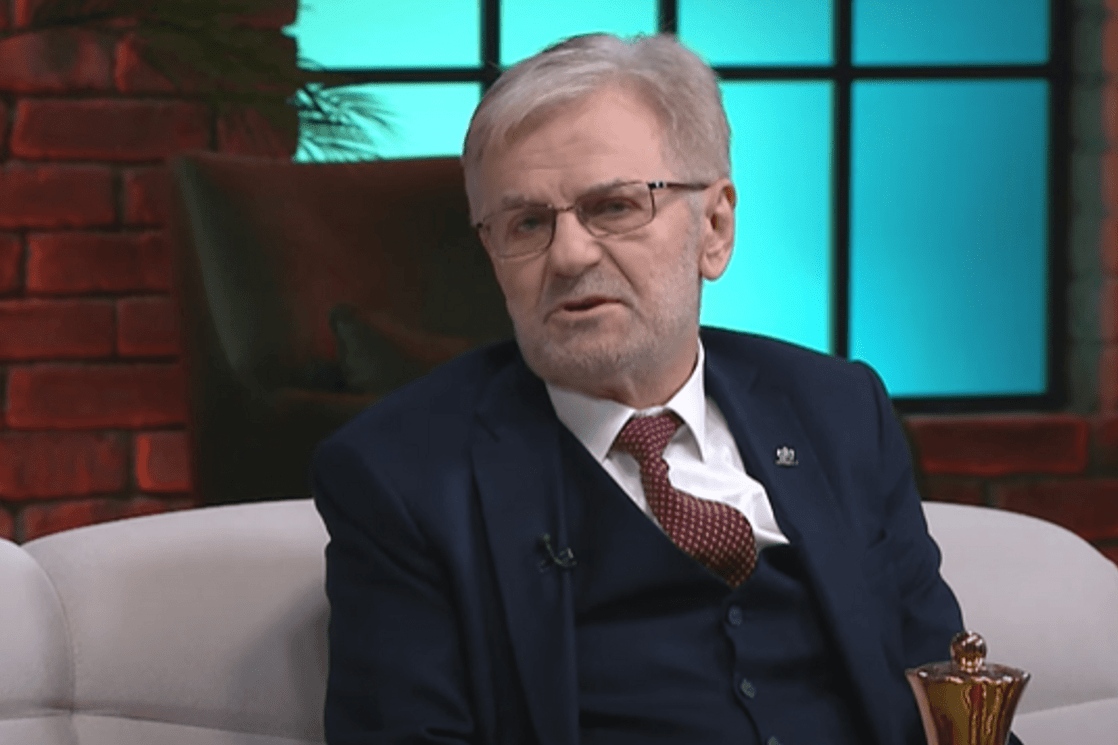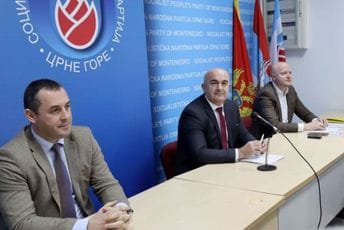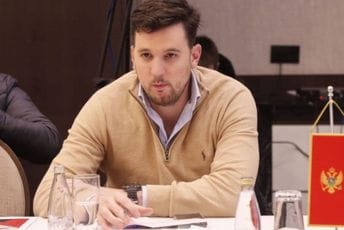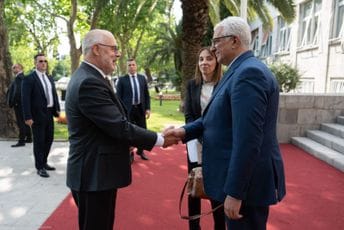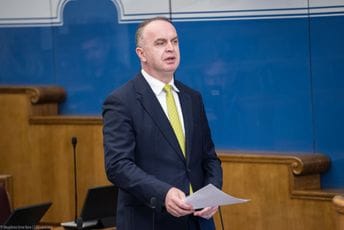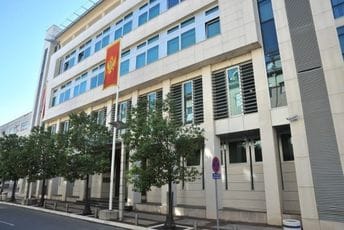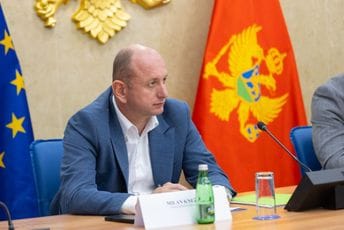The main article and related sources highlight a deep institutional crisis in Montenegro, where authorities, according to Ranko Đonović, deliberately maintain chaos to prevent institutions from functioning. Đonović emphasizes that the authorities are not interested in a functional system, leading Montenegro towards the status of a failed state and dependence on external influence, particularly through Aleksandar Vučić’s scheme. The passivity of the academic community and Constitutional Court judges is criticized, as well as the disregard for the pro-European orientation of citizens. Other related articles shed light on political conflicts within the Montenegrin parliament, dismissals and pressures on judges, and the marginalization of opposition voices. Reports from various sources show different political perspectives: left-leaning sources emphasize the need for justice and fighting corruption, centrist sources focus on institutional stability and European integration, while right-leaning sources often highlight the role of Serbia and Aleksandar Vučić in Montenegrin politics and criticize the authorities for deliberately creating chaos.
Political Perspectives:
Left: Left-leaning sources emphasize the need for justice, transparency, and fighting corruption within Montenegro’s political system. They highlight the failures of the current authorities to uphold democratic principles and the rule of law, calling for active civic engagement and accountability. The narrative focuses on the marginalization of opposition voices and the importance of protecting institutional integrity.
Center: Centrist sources focus on the importance of institutional stability and the functionality of state mechanisms. They stress the need for Montenegro to maintain a pro-European path, emphasizing reforms and dialogue among political actors. The narrative is balanced, acknowledging challenges but advocating for constructive solutions to restore trust in institutions and advance European integration.
Right: Right-leaning sources often highlight the influence of Serbia and Aleksandar Vučić in Montenegro’s internal affairs, portraying the current Montenegrin authorities as complicit in creating institutional chaos for political gain. They criticize the government for undermining sovereignty and enabling external interference. The narrative stresses national identity and sovereignty, warning against the erosion of state institutions.





